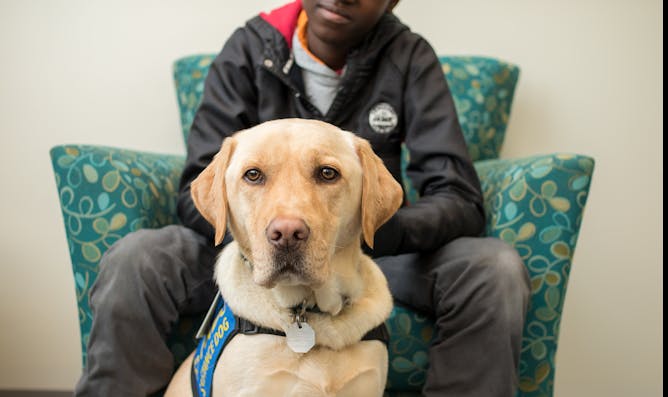|
The carefree days of summer have not arrived for many international students who face studying, travel, visa, employment and financial uncertainties or challenges compounded by COVID-19.
Today, in The Conversation Canada, Rakha Zabin of Brock University writes that international students could be better supported by their institutions to cope with personal challenges that may become compounded during public crises. Her research is exploring models that institutions could rely on to support students’ emotional well-being, including the toolkit of emotional intelligence.
In another story about student life, Dino Sossi of University of Toronto probes how evolving online communication practices raise important issues about how students and their universities interpret the limits of free student speech.
Also today:
Regards,
|

Managing academic expectations, culture shock, language barriers and financial constraints amid concerns about viral safety are some of the intersecting stressors faced by international students.
(Shutterstock)
Rakha Zabin, Brock University
International students are a vulnerable population who have faced many stressors in the COVID-19 pandemic. Emotional intelligence can help navigate these.
|

Weighing unrestricted expression against fostering a tolerant public sphere will test the fundamental freedoms we cherish in our democratic society.
(Shutterstock)
Dino Sossi, University of Toronto
Can post-secondary students be punished for social media posts, even those made off-campus?
|

In April 2020 all six Tŝilhqot’in communities decided to erect checkpoints to monitor and regulate travel to and from their reserves.
(Keith Koepke)
Jocelyn Stacey, University of British Columbia; Crystal Verhaeghe; Emma Feltes, University of British Columbia
The minutiae of bureaucratic policy and procedure perpetuates colonialism and undermined a fully Tŝilhqot’in-led pandemic response.
|

A tailings pond at an oilsands facility near Fort McMurray, Alta., in July 2012. The estimated cost of reclaiming oilsands mines is almost $31 billion.
THE CANADIAN PRESS/Jeff McIntosh
Vikramaditya G. Yadav, University of British Columbia
Solutions to some of the globe's most daunting environmental challenges may be closer than you think. Scientists are harnessing nature to clean up toxic chemicals and mining waste.
|

A growing number of accredited justice facility dogs work supporting child victims, like Dorado, a valued member of the IWK Suspected Trauma and Abuse Response Team at the SeaStar Child & Youth Advocacy Centre in Halifax.
(Justice Facility Dogs Canada)
Kendra Coulter, Brock University
Highly skilled dogs are hard at work supporting the child victims of crime. Meet the justice facility dogs.
|

À l'instar de nombreuses espèces marines, les huîtres sont affectées par les nanoplastiques qui polluent les océans.
Shutterstock
Valérie Langlois, Institut national de la recherche scientifique (INRS); Marc Lebordais, Institut national de la recherche scientifique (INRS)
Les effets individuels et combinés des nanoplastiques et de l’arsenic sur les huîtres affectent leurs fonctions vitales.
|
COVID-19
|
-
Maria De Jesus, American University School of International Service
The high costs of the world's colossally unequal COVID-19 immunization rates.
|
|
Arts
|
-
Leora Hadas, University of Nottingham
Like Joker, this adaptation seeks to humanise a famous villain. But is this revisionism or a new story altogether?
|
|
Science + Technology
|
-
Reshanne Reeder, Edge Hill University
Experiment that creates altered states of consciousness sheds light on an old problem.
|
|